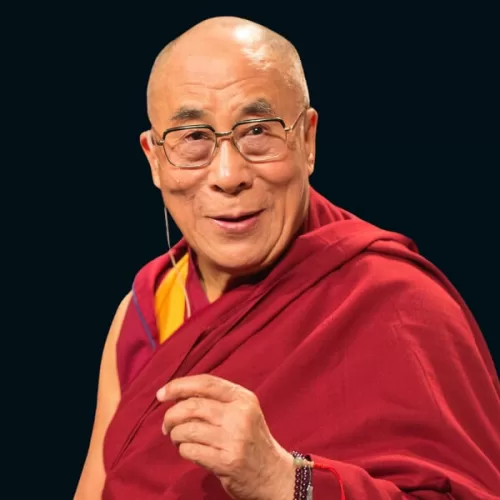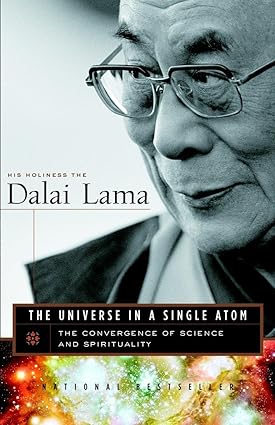The 14th Dalai Lama, born Tenzin Gyatso on July 6, 1935, in Taktser, Tibet, is the spiritual leader of Tibetan Buddhism and an international symbol of peace and compassion. At the age of two, he was recognized as the reincarnation of the 13th Dalai Lama and subsequently enthroned as the spiritual and political leader of Tibet.
In 1950, the Dalai Lama’s peaceful realm was threatened when China’s People’s Liberation Army entered Tibet, leading to decades of political turmoil and eventual exile. He has since lived in Dharamshala, India, where he established a Tibetan government-in-exile.
Throughout his life, the Dalai Lama has worked tirelessly to promote non-violence, human rights, and religious harmony. He has received numerous awards, including the Nobel Peace Prize in 1989 for his commitment to the peaceful liberation of Tibet.
His teachings, emphasizing kindness and universal responsibility, have attracted followers worldwide. His advocacy for Tibetan autonomy and preservation of Tibetan culture remains steadfast.
As a spiritual leader and advocate for global harmony, the 14th Dalai Lama continues to inspire millions with his wisdom and compassionate approach to the world’s challenges. His life and work stand as a testament to the enduring power of love, compassion, and resilience.











